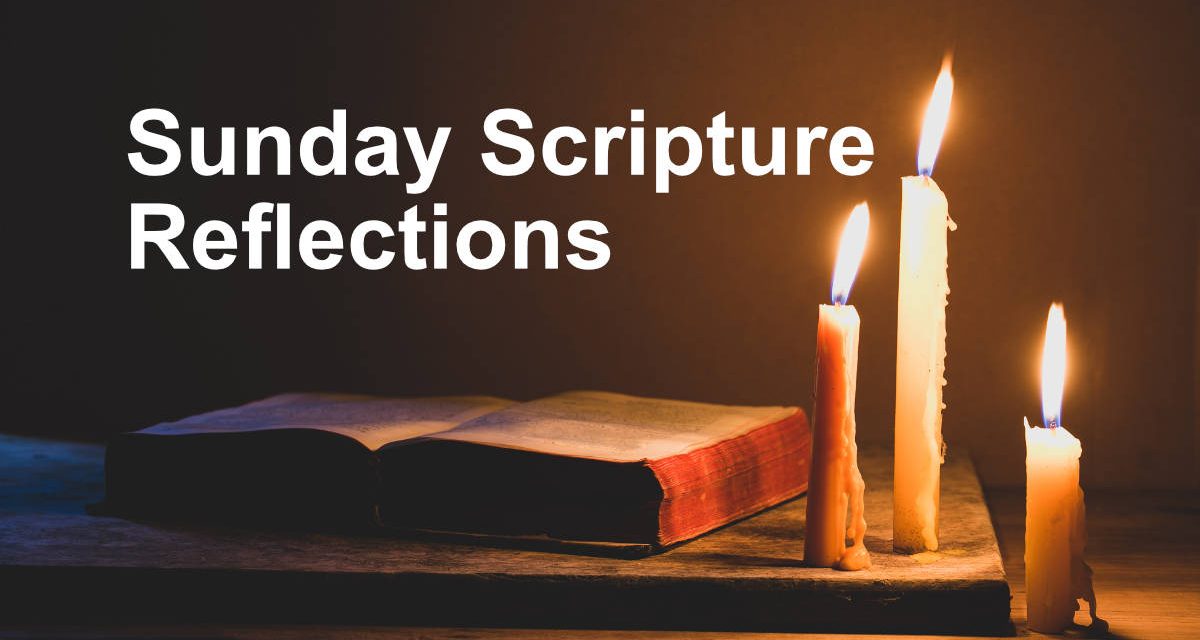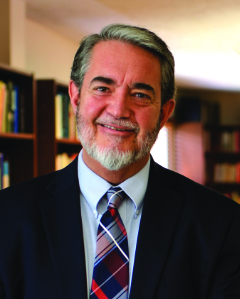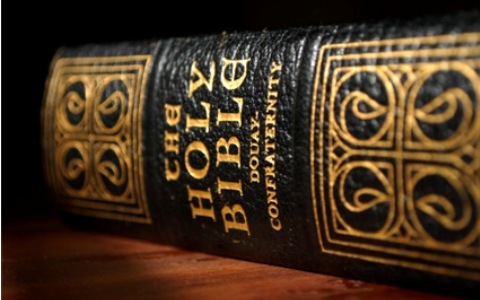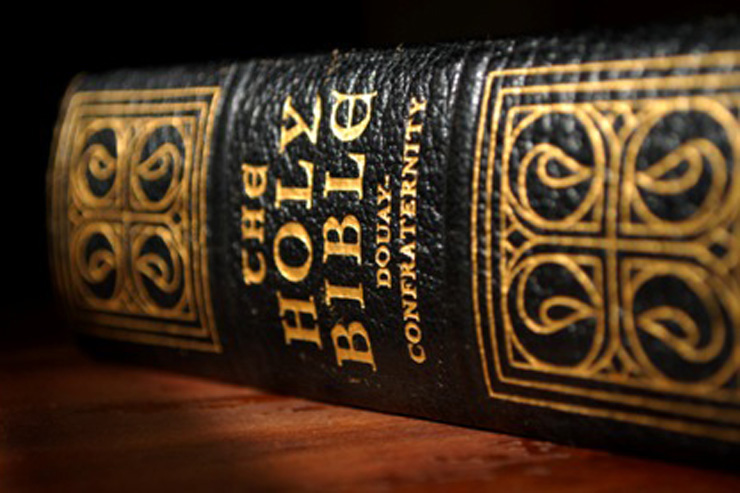The Lord’s Word is upright and all His works trustworthy, we sing in today’s Psalm. So we can trust Jesus when He tells us never to be troubled but to believe that His Word and works come from the Father.
Dr, Scott Hahn reflects on the Mass Readings for the Fifth Sunday of Easter (Year A).
Readings:
Acts 6:1–7
Psalm 33:1–2, 4–5, 18–19
1 Peter 2:4–9
John 14:1–12
By His death, Resurrection, and Ascension, Jesus has gone ahead to prepare a place for us in His Father’s house.
His Father’s house is no longer a temple made by human hands. It is the spiritual house of the Church, built on the living stone of Christ’s body.
As Peter interprets the Scriptures in today’s Epistle, Jesus is the “stone” destined to be rejected by men but made the precious cornerstone of God’s dwelling on earth (see Psalm 118:22; Isaiah 8:14; 28:16).
Each of us is called to be a living stone in God’s building (see 1 Corinthians 3:9, 16). In this edifice of the Spirit, we are to be “holy priests” offering up “spiritual sacrifices”—all our prayer, work and intentions—to God.
This is our lofty calling as Christians. This is why Christ led us out of the darkness of sin and death as Moses led the Israelites from bondage in Egypt.
God’s covenant with Israel made them a royal and priestly people who were to announce His praises (see Exodus 19:6). By our faith in Christ’s new covenant, we have been made heirs of this chosen race, called to glorify the Father in the temple of our bodies (see 1 Corinthians 6:19–20; Romans 12:1).
In today’s First Reading, we see the spiritual house of the Church being built up as the Apostles consecrate seven deacons so they can devote themselves more fully to the “ministry of the Word.”
The Lord’s Word is upright and all His works trustworthy, we sing in today’s Psalm. So we can trust Jesus when He tells us never to be troubled but to believe that His Word and works come from the Father.
His Word continues its work in the world through the Church. We see its beginnings today in Jerusalem. It is destined to spread with influence and power (see Acts 19:20) and to become the imperishable seed by which every heart is born anew (see 1 Peter 1:23).
This reflection appears here with the kind permission of the author. Visit Dr. Hahn’s website at the St. Paul Center for Biblical Theology.
The Rode to Emmaus with Scott Hahn presents the deeply biblical roots of Catholic teaching and practice. Discover how Sacred Scripture forms and informs our notions of morality and spirituality, liturgy and the sacraments, and so much more.
Subscribe to The Road to Emmaus at Apple Podcasts, Spotify, Stitcher, or wherever you listen to podcasts.














